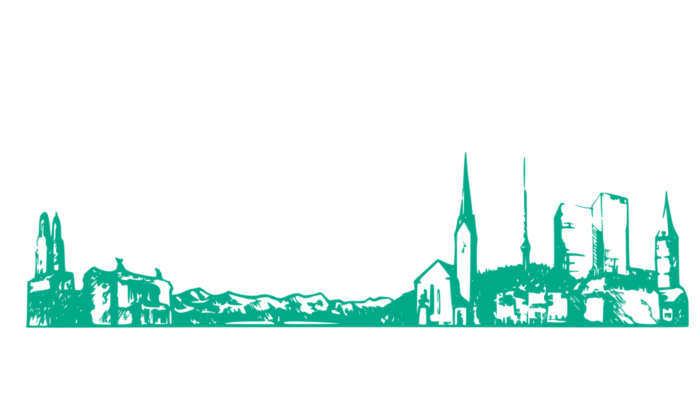
A colleague, external partners and I organized a hackathon on permafrost which took place from 28/11/2019 to 01/12/2019.
We tried not to follow the traditional competition-like hackathon approach, but wanted to foster interdisciplinary knowledge exchange and collaboration through working jointly on a predefined dataset.
We targeted to bring together computer and environmental scientists.
The dataset had been collected by our institute over the last decade and it contains a huge, heterogeneous set of measurements (rock temperature, weather, images, seismic recordings, …) from a multi-year time-span. Since the hackathon was rather short (approx. 1.5 days of actual coding time; we did not offer space to stay during the night) we wanted to shorten the startup time as much as possible, thus we provided example code, conceptual projects, and tutorials on how to work with the data.
The participants brought along diverse expertise, which opened up new perspectives on how to work with our measurements.
On the first day, we motivated the participants to form groups based on complementing expertise and to formulate a project goal.
The groups (approx. 4 persons per group) were highly motivated and worked independently and intensively on their vision. Each member brought in their domain-specific knowledge. Overall, we are very happy with the participants’ dedication. The groups developed a large range of applications, some very research-oriented with state-of-the-art algorithms (artificial neural networks for joint analysis of all time series measurements or for anomaly detection), some robust (time-proven statistical methods for rock temperature prediction), some very applied (developing a smartphone app which uses eyewitness reports to label the data).
Our partner Microsoft supported us with manpower, funding, PR, and technology. This support was helpful, since organizing the event was a time and labor-intensive effort, as only two persons from my institute were actively planning (plus one who supported us during the event).
I totally agree with John, that more support by permanent staff would have been good, because the short-term benefit is little and these kinds of events are mainly useful to get ideas for novel long-term projects.
For me, as a doctoral student, the main benefit was to get connected to fellow students from environmental monitoring and computer science.
Moreover, due to the connection to the industry, we now have access to technological expertise to improve the analysis of our long-term monitoring experiments. A doctoral student, who is under pressure to publish and work on their project, shouldn’t organize such an event in my opinion, because it does not really bring you forward with your research project, even if your research project is part of the hackathon. Again, I think this is different if you think long-term, but a doctoral thesis is rather inflexible when you have already committed to one research direction.
In general, I am happy to have organized the event and the future will tell if and how and the projects will continue. Currently, we are not planning to repeat it frequently, but we are offering two follow-up events for people who are interested: informal coffee-meetup (soon) and an excursion to our field deployment (during the summer).
The ETH Team
This interview was conducted by Eric Loeberich
with revisions from Michaela Wenner
